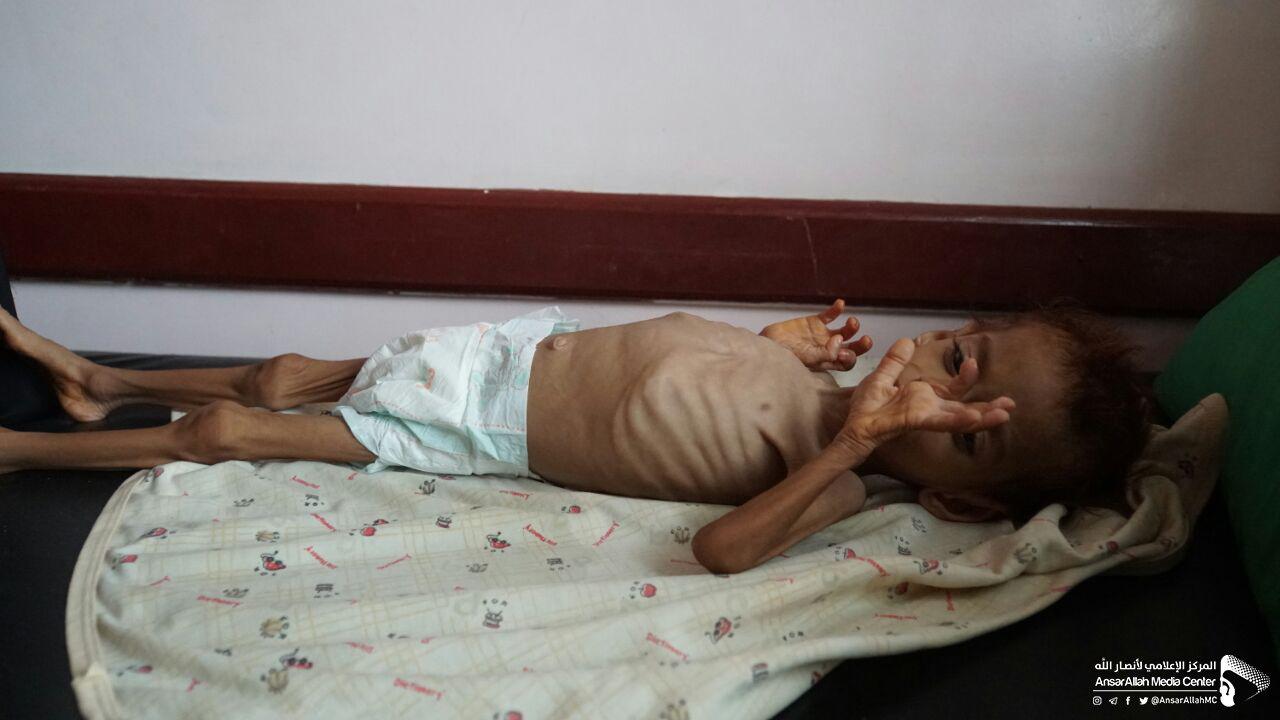Despite its records, Saudi Foreign Minister claims this about the War on Yemen at UNGA
YemenExtra
Y.A
This year’s United Nations General Assembly, unlike the years before, was not a scene for the debate to ease the international tension and address the challenges facing the global peace. Rather, it was a setting for the US President Donald Trump’s hawkish and fiery speeches that many analysts argue jeopardized the international peace and stability.
Beside the US leader, representatives of some of the US allies also made strong-toned, escalatory speeches at the UNGA. The Saudi Foreign Minister Adel al-Jubeir, for example, made his address a show for accusations and hostility against the other countries, apparently signaling engulfment of the Saudi Arabian foreign policy by radicalism.
Al-Jubair talked about the Yemen war and highlighted the political solution as the best choice. Addressing the Council on Foreign Relations in New York on Wednesday, al-Jubeir said the main aim of the war waged on Yemen is to counter the threat of “militias” on the kingdom, in reference to the Ansarullah movement as the key Yemeni party opposing Saudi intervention. He continued that Riyadh was committed to a political settlement pursuant to the Arab initiative and the UNSC resolution 2216.
He admitted that Ansarullah “has every right to be part of Yemen’s political system” but rejected to see it form a military force out of the frame of the official armed forces. He said once the war is over, Saudi Arabia will fight unemployment, restore medical services, and recover the education system in Yemen.
These remarks are hard to believe with a looking back at its record in Yemen in the years of war. The Foreign Policy website revealed that since the beginning of the war, Riyadh spent about $500 billion on the bombs and attacks on Yemen or funding the anti-Ansarullah militias. The rights groups warn that atrocities against the civilians have led to the world’s largest humanitarian crisis.
In March 2015, the US -backed –Saudi-led coalition started a war against Yemen with the declared aim of crushing the Houthi Ansarullah movement, who had taken over from the staunch Riyadh ally and fugitive former president Abd Rabbuh Mansur Hadi, while also seeking to secure the Saudi border with its southern neighbor. Three years and over 600,000 dead and injured Yemeni people and prevented the patients from travelling abroad for treatment and blocked the entry of medicine into the war-torn country, the war has yielded little to that effect.
Despite the coalition claims that it is bombing the positions of the Ansarullah fighters, Saudi bombers are flattening residential areas and civilian infrastructures.
More than 2,200 others have died of cholera, and the crisis has triggered what the United Nations has described as the world’s worst humanitarian disaster.

